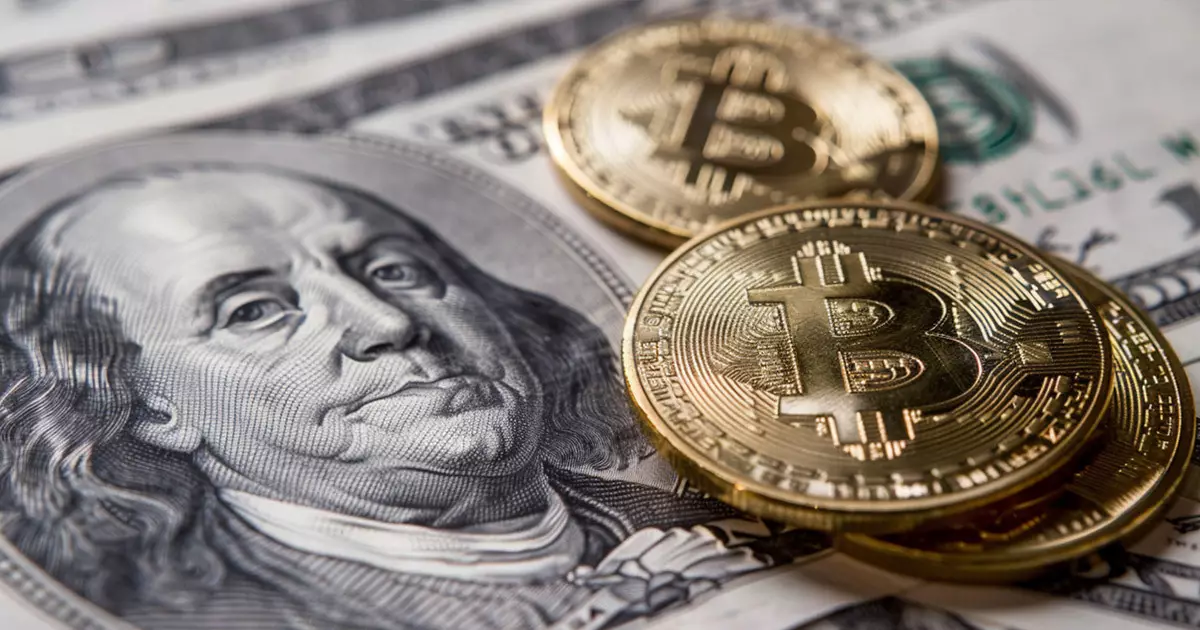The recent decision by the US Securities and Exchange Commission (SEC) to accept a proposal allowing exceptions for certain institutions affected by Staff Accounting Bulletin No. 121 (SAB 121) has sparked a wave of debate and discussion within the crypto industry. This move marks a significant shift in how financial institutions can approach the reporting of customers’ crypto holdings on their balance sheets, potentially opening up new opportunities and challenges.
The SEC’s decision to grant exceptions to banks and brokerages when it comes to balance sheet reporting is a noteworthy development. By allowing these institutions to bypass certain aspects of the SAB 121 guidance, the SEC is acknowledging the unique nature of the crypto industry and the challenges it poses for traditional accounting practices. This move could encourage more financial institutions to explore custodial services for crypto assets and attract a wider range of investors to the market.
While some see the SEC’s decision as a positive step towards promoting innovation and growth in the crypto sector, others have raised concerns about the potential implications of these exceptions. Critics argue that the SAB 121 guidance was put in place to enhance transparency and risk management in the industry and that granting exceptions could undermine these goals. There are also fears that by allowing certain institutions to bypass reporting requirements, the SEC is creating a two-tier system that favors larger players at the expense of smaller businesses.
As the crypto industry continues to evolve, finding the right balance between regulation and innovation remains a key challenge. The SEC’s decision to grant exceptions under SAB 121 highlights the complexities of regulating a rapidly changing industry. While exceptions may provide much-needed flexibility for some institutions, they also raise questions about the consistency and effectiveness of regulatory frameworks in the crypto space. Moving forward, policymakers will need to carefully consider how best to strike a balance between promoting innovation and safeguarding investors’ interests.
The SEC’s decision to accept a proposal with exceptions for certain institutions affected by SAB 121 has far-reaching implications for the crypto industry. While this move may help to expand custody options for US crypto holders and attract traditional financial institutions to the market, it also raises concerns about regulatory clarity and consistency. As the industry continues to navigate these challenges, finding the right regulatory balance will be crucial to ensuring the long-term growth and stability of the crypto market.


Leave a Reply